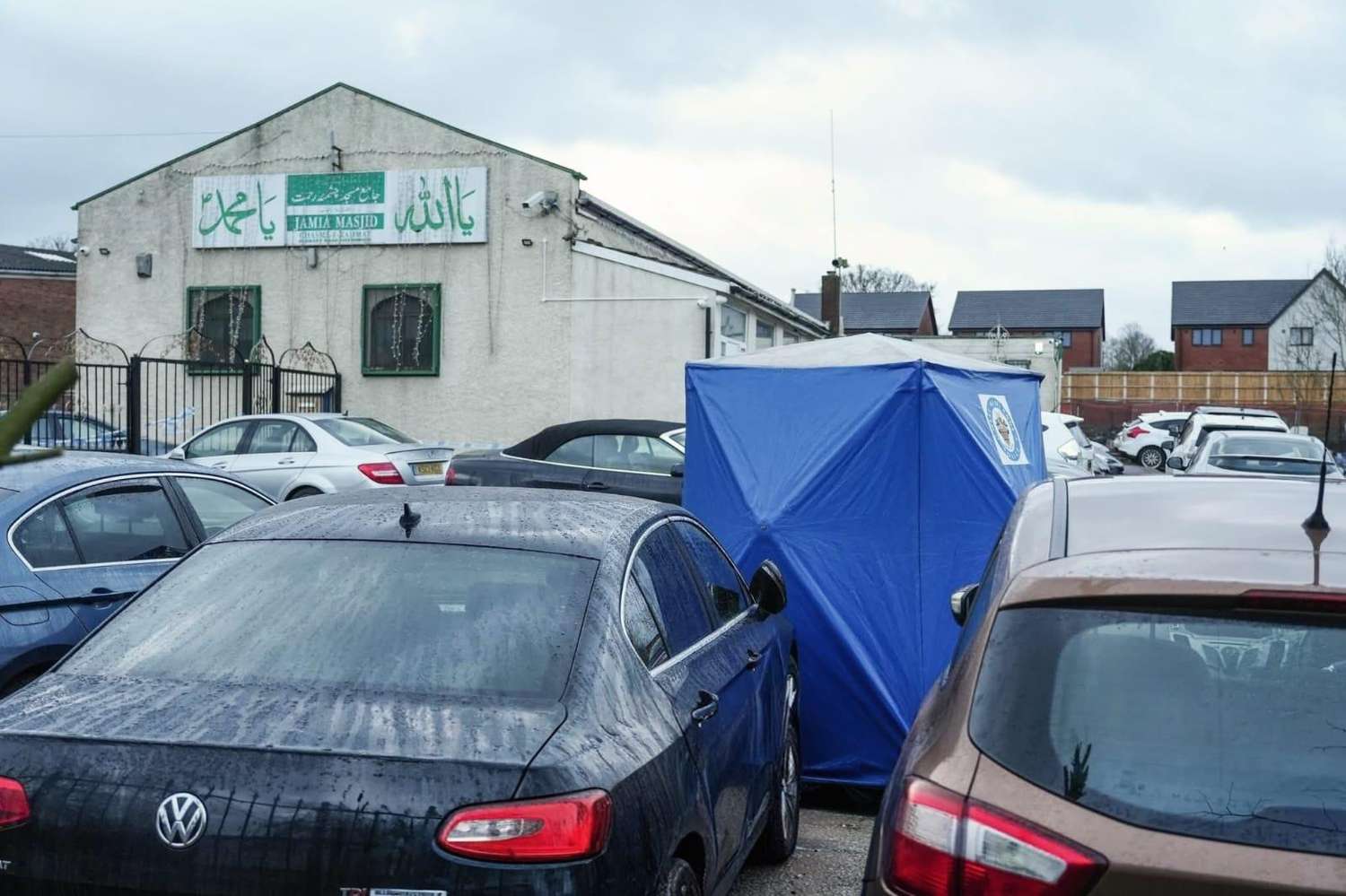Are you calculating your annual leave and figuring out how much time off you can actually take? I recently made a small but impactful change to how I use my holidays. I work full-time in communications for a not-for-profit organization and receive 27 days of annual leave, plus bank holidays. In the past, in other jobs, I often missed out on using all my leave—either by letting it pile up or going over the carry-over limit. I used to feel guilty about “wasting” days off and didn’t give myself regular breaks, which usually led to a last-minute rush to take a long stretch off at the end of the year. It started to feel unsustainable. So now, I’ve begun “microdosing” my annual leave—taking small, frequent breaks throughout the year instead of saving it all for one big holiday. By taking a day or two off every few weeks, or enjoying the occasional long weekend, I’ve found a better rhythm and reminded myself that I’m not just a machine at work—I’m a person who needs rest and balance.
Using leave for family, walks and lie-ins
We should be living our lives, not just working endlessly, and this new approach has really helped me embrace that philosophy. It’s given me the freedom to focus on other important parts of my life that also need attention. I can now spend more time with my family, enjoy long walks, and indulge in the simple pleasure of staying in bed a bit longer. I no longer face the buildup of stress and anxiety that often comes from waiting months for a big holiday. Unfortunately, many people in the UK still struggle with maintaining a healthy work-life balance. A large number miss out entirely on the paid leave they’re entitled to. In fact, a British Airways Holidays survey last year revealed that half of working adults in the UK don’t use all of their annual leave. Similarly, the 2024 Annual Leave Report by AccessPeopleHR showed an 8 per cent drop in employees using their full leave compared to previous years.
A shift in our relationship with work
So, are we truly becoming a nation of workaholics, or have we just lost sight of the value of rest and downtime? According to Susan Leigh—an experienced author, columnist, counsellor, and hypnotherapist with over two decades in the field—it’s not necessarily that people are unwilling to relax, but rather that our connection to work has evolved. “Since the lockdown, many companies have struggled to recover, and employees have been pushing themselves hard to help keep things going,” she explains. For those still working remotely, the added flexibility often leads to an unspoken expectation of constant availability. While work remains a vital part of life, the boundaries between work and personal time have become increasingly blurred, making it harder to truly disconnect. “Some people hesitate to take time off because they’re so absorbed in their jobs,” Leigh adds. “For some, work even feels like a safe space—its routines are familiar, even when the workload is heavy and stressful.”
Workplaces with a culture against time off?
Chartered Psychologist Dr. Sanjay Popat, a specialist in workplace wellbeing and stress who has extensively studied mental health in high-pressure careers such as medicine, notes that some work environments subtly discourage staff from taking time off. He explains that many employees feel guilty about going on leave because they don’t want to add extra pressure on their colleagues. Dr. Popat also highlights that some individuals hold back from using their annual leave simply because they lack the time or financial resources to plan something they consider “worthwhile.” As a result, they fear their time off will be “wasted” — a mindset that can lead to skipping breaks altogether. To address these concerns, the Government is bringing in new regulations to strengthen employee rights, including a proposed “right to switch off,” which would prohibit employers from contacting staff while they’re on leave.
Crucial for health and productivity
Experts widely agree that taking regular breaks from work is essential for both mental and physical health—as well as for maintaining productivity. And it doesn’t have to mean two weeks at a luxury resort or an adventurous trek through the Himalayas. Even a day off to handle personal errands, exercise, spend time with loved ones, or enjoy a hobby can be incredibly beneficial. Far from being a waste, these small pauses are exactly what our minds and bodies need to recharge. In fact, a 2021 study found that shorter, more frequent breaks can actually be more rejuvenating than longer holidays. Taking just a few days off or a long weekend now and then can help sustain a healthier, more consistent work-life balance. That’s not to say I’ve stopped taking longer holidays—I still do when I need a deeper reset. Not long ago, I spent a week in France, and a few months earlier, I took time off in Málaga to unwind and enjoy the sun. I still value those longer getaways for fully switching off. But working non-stop most of the year and then trying to squeeze in all our leave at once often leads to more stress and anxiety—defeating the whole purpose. Taking regular, shorter breaks keeps me feeling refreshed and balanced—and it means there’s always something to look forward to.
Advice from Dr Popat on how to maximise rest and wellbeing on annual leave
Tailor your time off to suit you: Everyone has different needs, so it's important to plan your annual leave in a way that aligns with what brings you joy and fulfillment. Choose activities that you genuinely enjoy to make the most of your break.
Wrap up tasks beforehand: Try to complete as many responsibilities as you can before going on leave. This helps you mentally disconnect from work more easily, allowing you to fully benefit from your time away.
Prepare a return-to-work plan: If you have outstanding tasks, create a clear to-do list outlining what needs to be done when you’re back—including when, where, and how you’ll tackle each item. This makes your transition smoother and reduces stress about unfinished work.
Mentally step back from work (psychological detachment): Set clear boundaries by informing your team that you’ll be unavailable and delegating any urgent matters to colleagues who will still be around. Consider turning off work-related apps or notifications, like Outlook or Teams, to avoid distractions and truly disconnect.
Choose calming activities: Spend your time off doing things that relax both your mind and body—such as spending time outdoors, practicing meditation, or listening to soothing music—to help reduce stress and support recovery.
Mix relaxation with stimulating experiences: Balance your downtime with enjoyable activities that challenge you or offer the chance to learn something new. Taking up a hobby, for instance, can leave you feeling refreshed and mentally recharged.








.svg)


